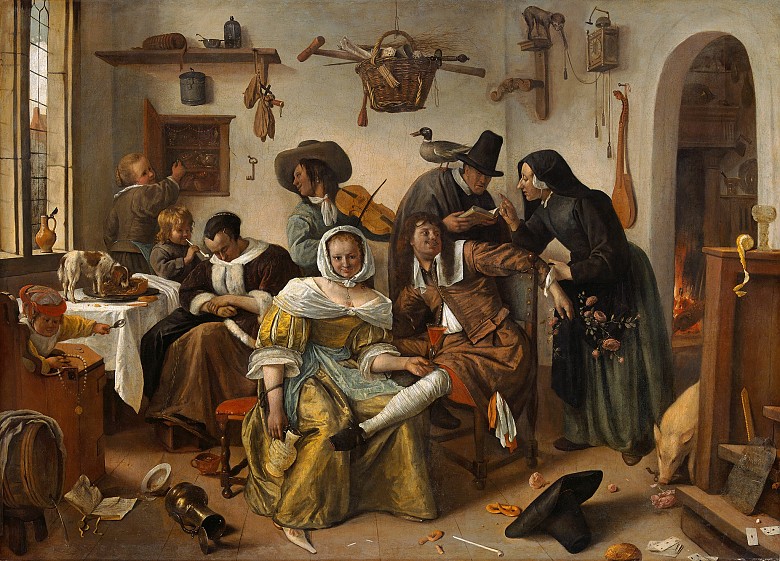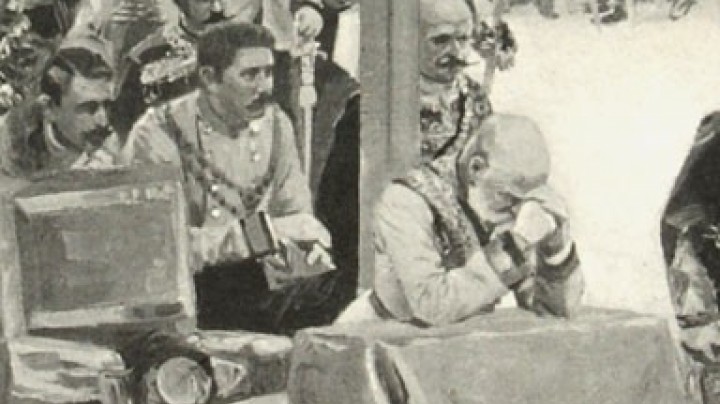The Church has its say. New standards of morality for the household-family
New standards of morality influenced the organization of the household-family, with shame and morality defining everyday life.
The respectability of the household-family became the main parameter of social interaction, and preserving it was the responsibility of the master of the house. Both the ecclesiastical and secular authorities stylized this domestic order as ordained by divine will and regulated it accordingly. The head of the family was to rule his household in compliance with Christian principles and to keep watch over the moral conduct of all its members both inside and outside the house. He was also held liable for any unseemly public behaviour on the part of his servants in the village, or for a daughter’s pregnancy out of wedlock, or even if his wife had quarrelled with someone in public. Apart from his economic role as breadwinner, the master of the house also wielded moral authority, thus reinforcing the patriarchal structure.
Neither was courtship merely a private matter between two young people in love, but rather a social event. While the father sought to marry his children off to his economic advantage, the Church warned against forced marriages and ‘unequal’ unions, such as those between old men and very young wives, or vice versa. Young people – especially those who owned no property – could only resort to the so-called Winkelheirat, a marriage entered into without parental consent. Widespread in the sixteenth century, this phenomenon of ‘secret marriage’ eventually disappeared during the course of the eighteenth century.
The Church also strove to regulate the spouses’ most intimate relationship, as well as that with their offspring: according to its ideals of morality, a woman was expected to be a virgin when she married, and sexual intercourse engaged in exclusively for the purposes of procreation – both of which were enforceable in a court of law.
This secular and religious consolidation and strict regulation of matrimony led to the suppression of sensuality and sexuality unknown to this extent in medieval times.

















